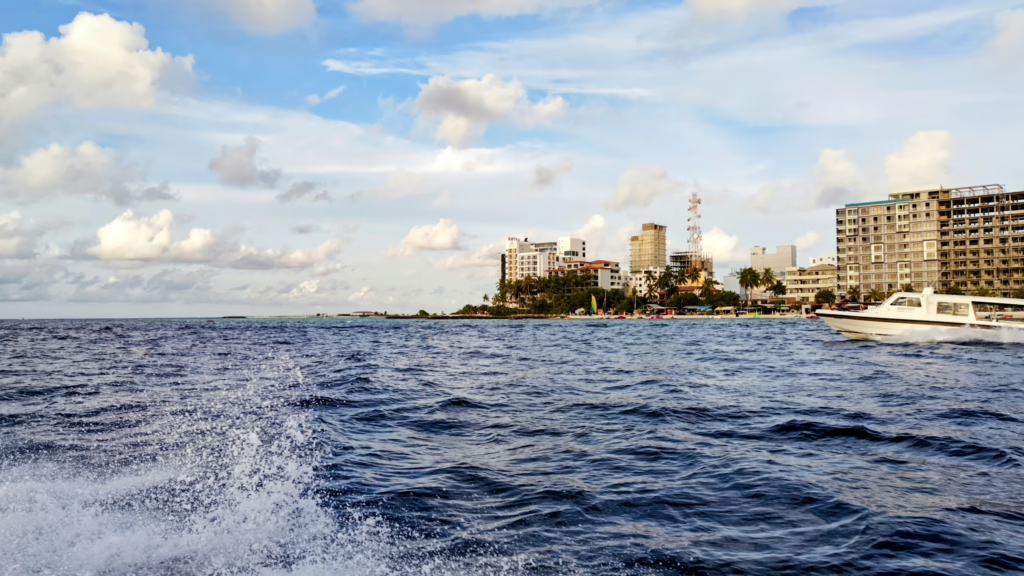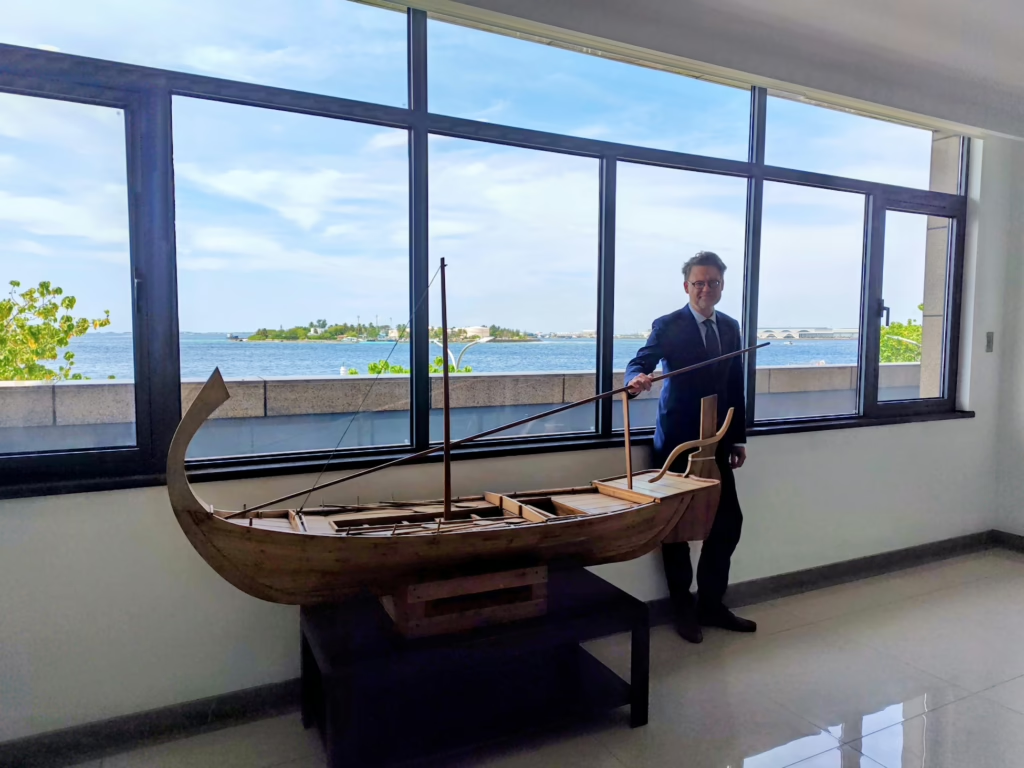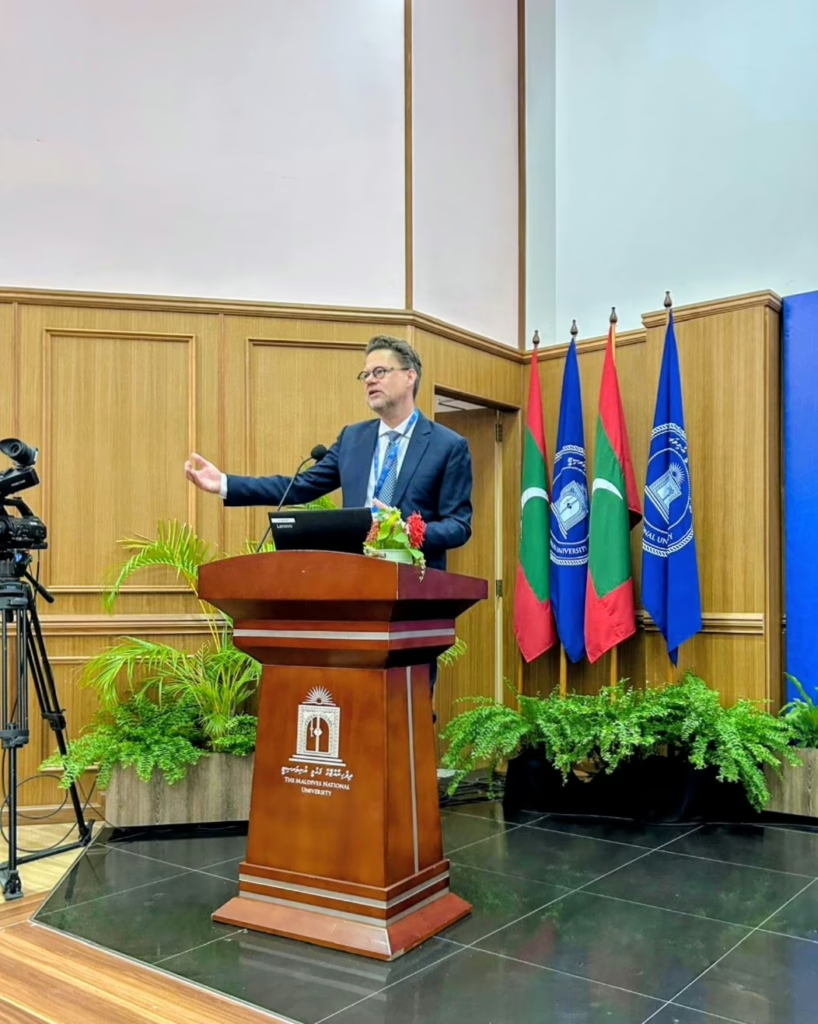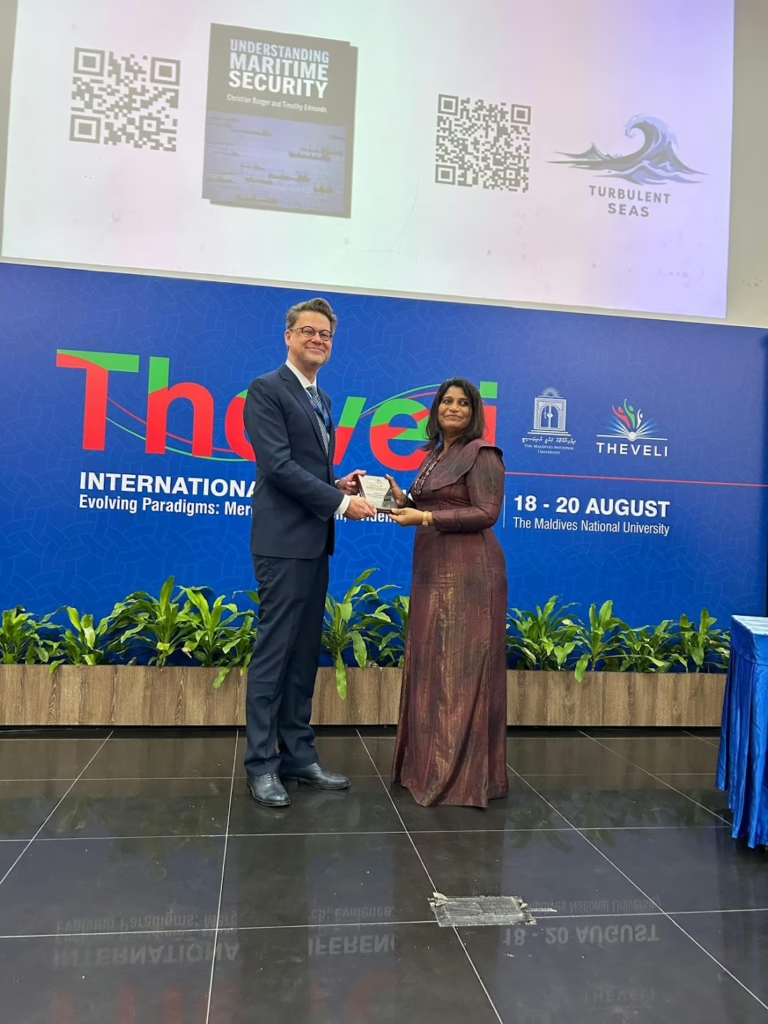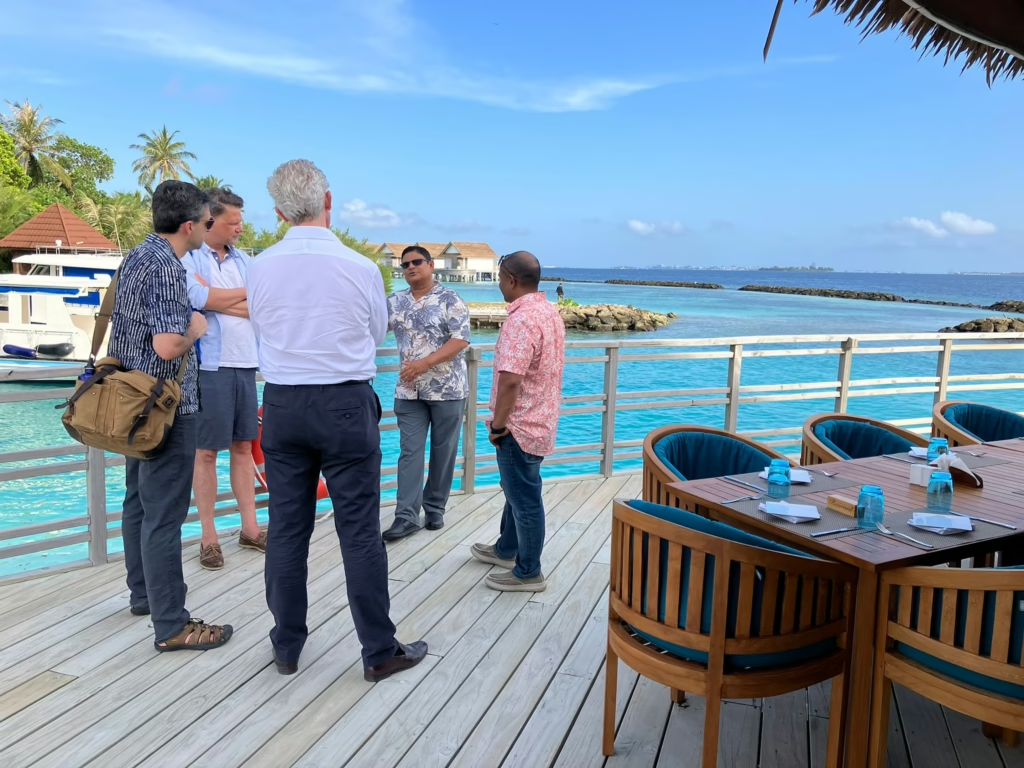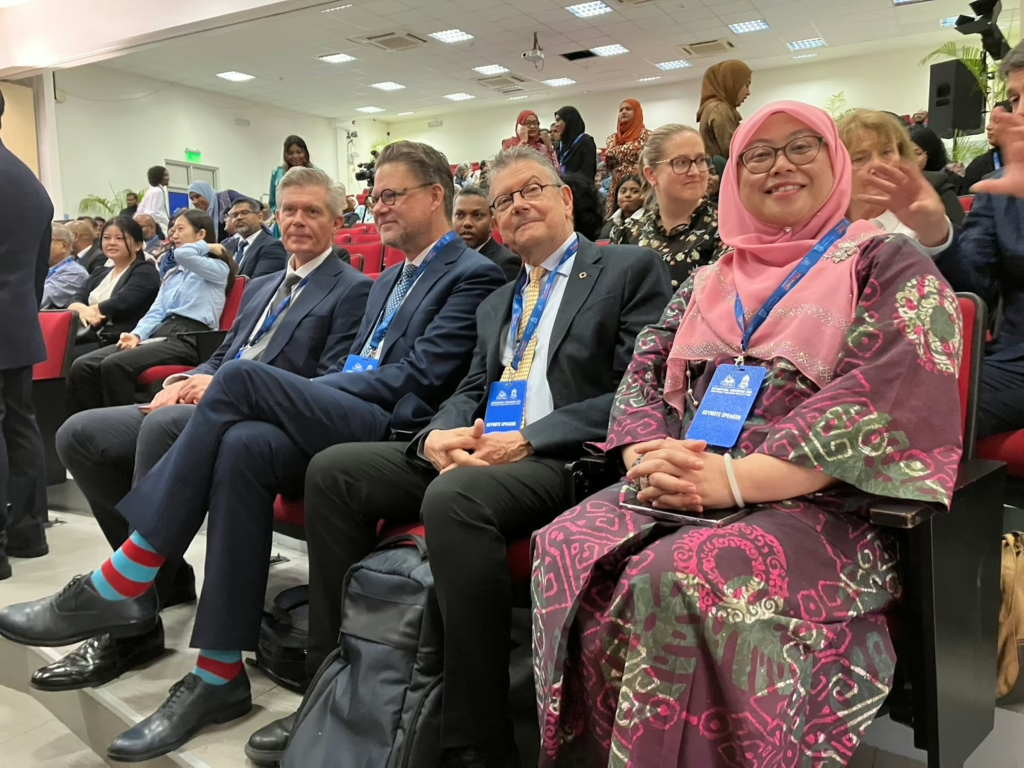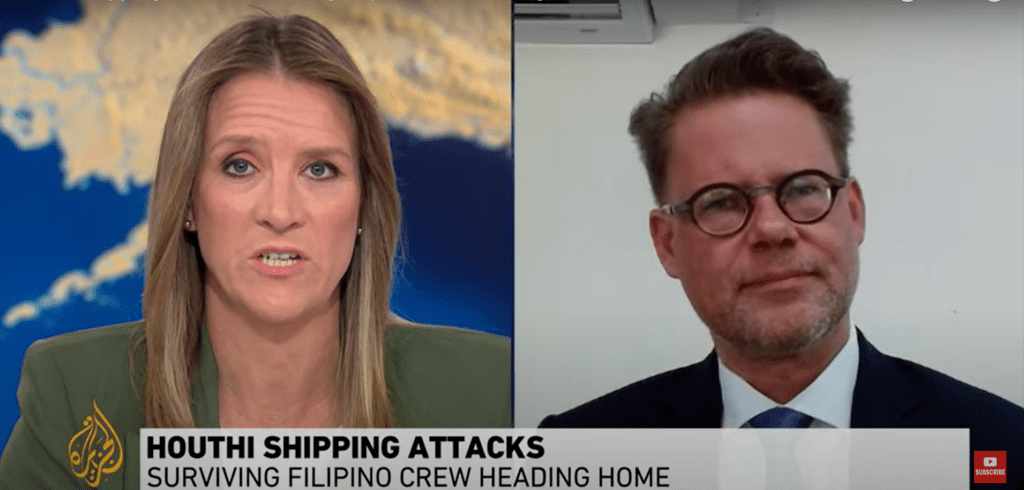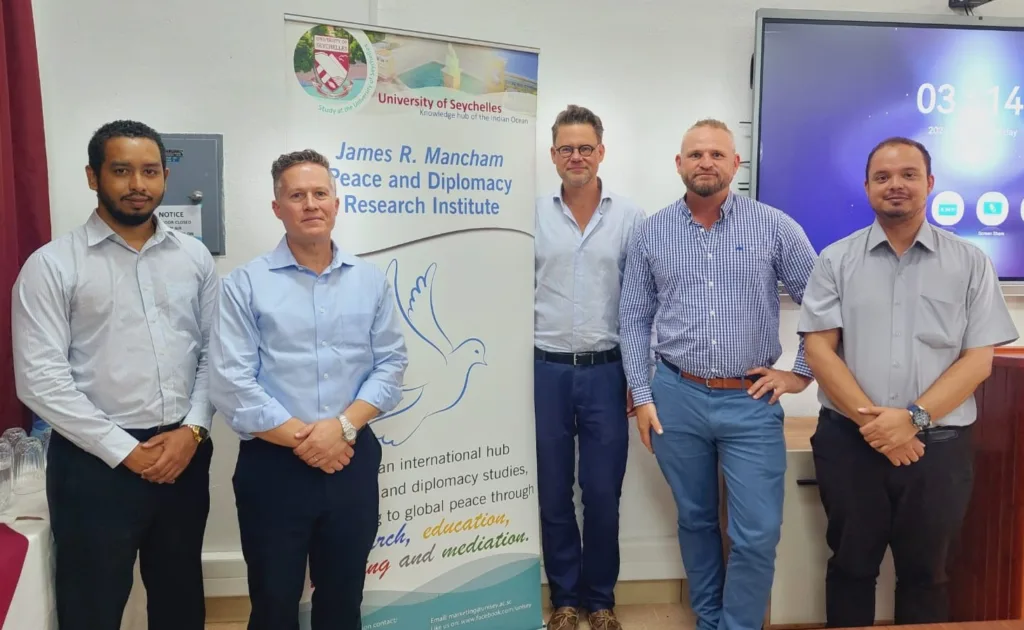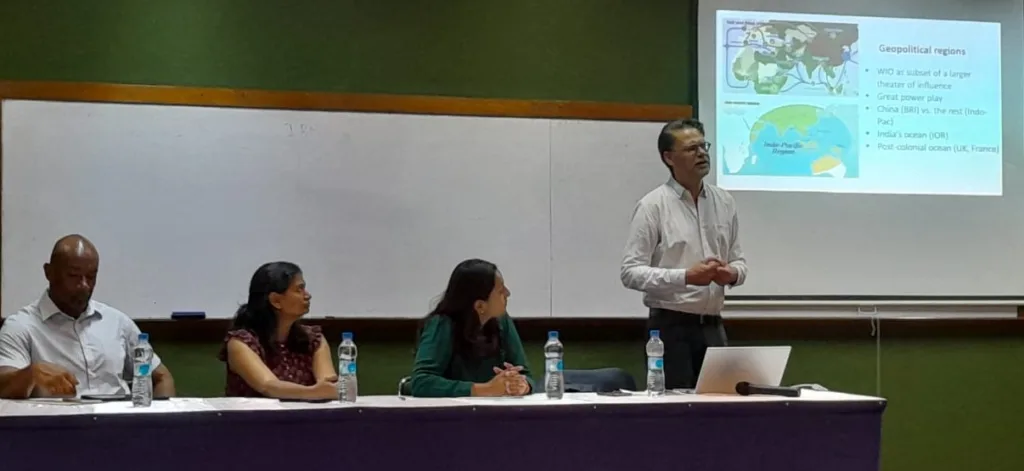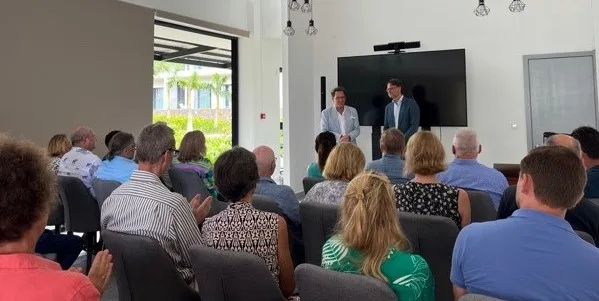Continuing my tour of the world’s leading maritime domain awareness centers, I had the pleasure of visiting the Information Fusion Center – Indian Ocean Region (IFC-IOR) last week. The center is an initiative by the Indian Navy to improve information sharing and understanding of maritime security dynamics.
IFC-IOR is modeled after the Singapore Navy’s Information Fusion Center. It is staffed by Indian Navy personnel as well as International Liaison Officers from the Indian Ocean region from currently 15 countries. Closely linked to India’s national maritime fusion center (IMAC), the IFC-IOR’s backbone is an information fusion platform named ‘Mantra’.
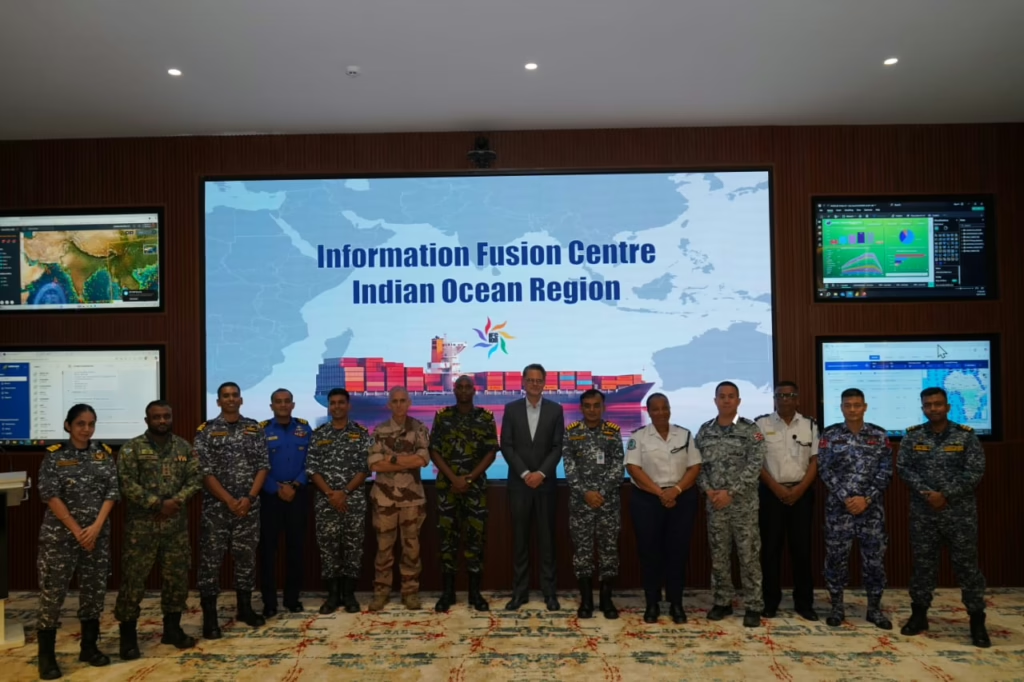
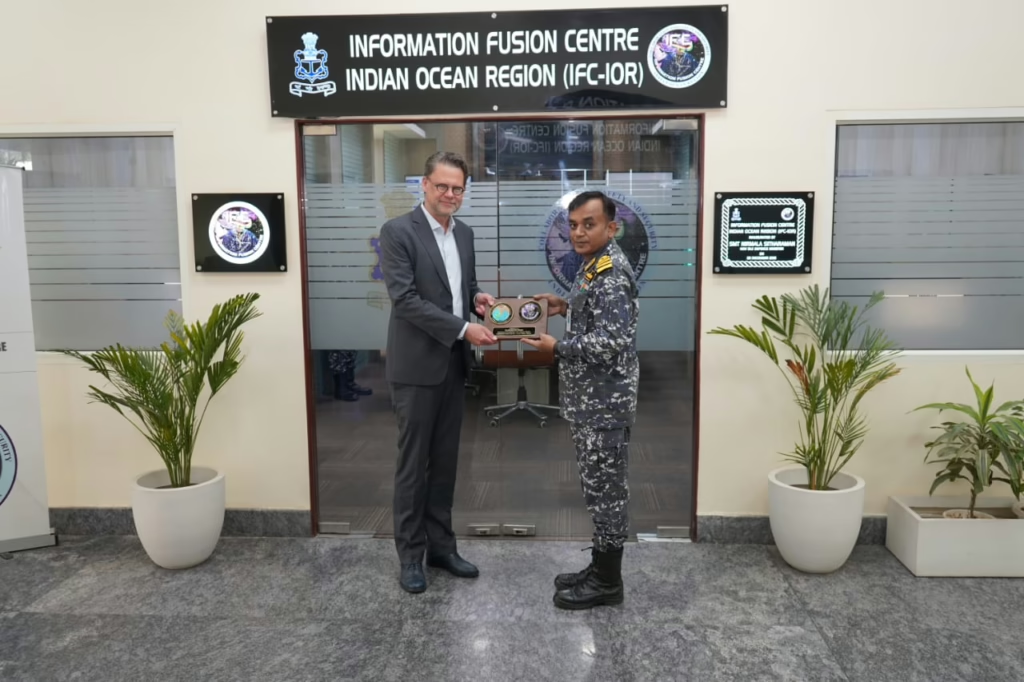
Overall, the center performs four main functions:
- It provides reports on maritime security incidents at regular intervals to provide accurate information on patterns of maritime security threats with a focus on the Indian Ocean region as well as the Gulf of Guinea.
- The center provides support to regional maritime operations by the Indian Navy, including incidents of piracy or search and rescue missions.
- It engages in regional capacity building activities and training through workshops on maritime domain awareness and information sharing.
- Confidence building and naval diplomacy through building relations with international and regional maritime security forces is another major task.
In acting as a regional maritime information clearinghouse, high-level reporting is currently the IFC-IOR’s strongest contribution to the regional maritime security architecture.
Like other centers and platforms, the IFC-IOR faces the challenges of how to better integrate with other initiatives, including the four centers that form SHADE’s Single Information Framework. Another challenge lies in how to automate work, and move from information sharing to enhancing operations through prediction.
In regional terms, the center will also need to strengthen its role in supporting coordinated regional maritime security operations, including those led by its neighbors or organized in the framework of the Regional Maritime Security Architecture.
